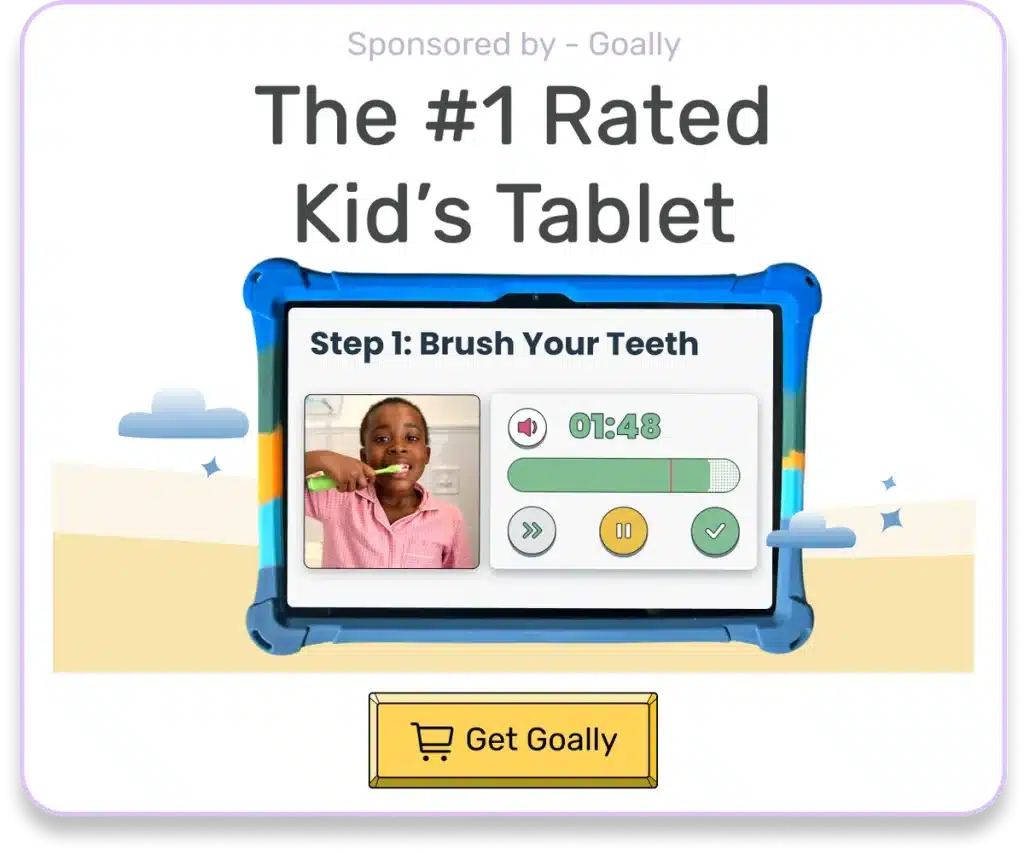As a parent, you’re always on the lookout for ways to support your neurodivergent child. You may have found yourself wondering, “Is ADHD a form of anxiety?” Attention deficit hyperactivity disorder (ADHD) is not considered an anxiety disorder, but anxiety and ADHD can occur together. In fact, up to 50% of people with ADHD also have anxiety disorders. While they are distinct conditions, understanding their connection can help you better navigate your child’s unique needs. In this blog post, we’ll explore the relationship between ADHD and anxiety, discuss common symptoms and challenges, and provide practical strategies to help your child thrive.
Table of Contents
ADHD and Anxiety: Two Sides of the Same Coin?
Attention Deficit Hyperactivity Disorder (ADHD) and anxiety are separate conditions with unique diagnostic criteria. However, they often coexist in children with thinking and learning differences. In fact, nearly 50% of kids with ADHD also experience anxiety disorders. So why is there such a strong link between these two conditions?
Research suggests that shared genetic factors may contribute to their co-occurrence. Moreover, the challenges associated with ADHD—such as difficulty focusing or impulsive behavior—can lead to feelings of anxiety in various situations.

Common Symptoms in Kids with ADHD and Anxiety
- Inattention
- Hyperactivity
- Impulsivity
- Frequent worry or fear
- Irritability
- Sleep disturbances
- Social difficulties
Anxiety symptoms include fear and nervousness, while ADHD symptoms include difficulty concentrating. People with both ADHD and anxiety may feel anxious about many different things. Some studies show that people with ADHD may have an imbalance in the different levels of neurotransmitters in the brain, or that these chemicals may not be working properly. Note that while some symptoms overlap between ADHD and anxiety, it’s essential to consult a healthcare professional for an accurate diagnosis.

Read more: Anxiety in Children
Tackling Challenges Faced by Neurodivergent Kids with Both Conditions
Understanding the unique challenges faced by kids with ADHD and anxiety is crucial for providing the right support. Here are some common issues and practical strategies to help your child overcome them:
1. Difficulty Focusing
Both ADHD and anxiety can make it challenging for kids to concentrate on tasks. To help your child improve focus, try breaking tasks into smaller steps, using visual aids like checklists, and setting specific goals with clear deadlines.
| Strategy | Description |
|---|---|
| Break tasks into smaller steps | Divide larger tasks into manageable chunks to reduce overwhelm. |
| Use visual aids | Create checklists or visual reminders to help your child stay on track. |
| Set specific goals with deadlines | Establish clear expectations and timeframes to encourage focus. |
2. Emotional Regulation
Kids with ADHD and anxiety may struggle to manage their emotions effectively. Encourage your child to express and talk about their feelings openly. Teach them healthy coping strategies such as deep breathing exercises or mindfulness techniques.
- Coping Strategy: Deep Breathing Exercises – Teach your child to take long, slow, deep breaths when feeling overwhelmed or anxious.
- Coping Strategy: Mindfulness Techniques – Help your child practice being present in the moment, focusing on their senses or surroundings.
3. Social Skills
Social situations can be overwhelming for neurodivergent kids dealing with ADHD and anxiety. Role-playing various scenarios, practicing conversation starters, and joining social skills groups can help your child build confidence in social settings.
For example, you might practice making introductions or brainstorming topics for small talk. Encourage your child to join clubs or activities where they can meet other kids with similar interests, providing a natural opportunity to develop friendships.

Read more: Does ADHD Cause Anxiety in Kids?
Creating a Supportive Environment for Kids with ADHD and Anxiety
A nurturing environment plays a significant role in helping children with thinking and learning differences thrive. Here are some tips for creating a supportive atmosphere at home:
- Maintain routines: Consistent daily routines provide structure and predictability, reducing anxiety levels in kids with ADHD.
- Promote open communication: Encourage your child to share their thoughts, feelings, and concerns without fear of judgment or criticism.
- Celebrate successes: Acknowledge your child’s achievements—no matter how small—to boost their self-esteem and motivation.
- Collaborate with professionals: Work closely with healthcare providers, therapists, and educators to develop a comprehensive support plan tailored to your child’s needs.
Learning how to manage stress in different ways can help people find happiness after an ADHD diagnosis. This could be yoga, meditation, or some form of exercise that you enjoy. The 333 rule is a common and informal technique for coping with anxiety. It involves:
- Looking around to identify 3 objects and 3 sounds
- Moving 3 body parts
- Using this strategy in the moment something triggers you
Try Goally For Your Child With ADHD
Goally helps kids with ADHD stay focused and build skills. Unlike a Kindle or an iPad that kids get easily distracted on, Goally has no YouTube, no social media, no web browser, and especially no ads.
Goally uses game play as a points-based motivator for your kiddo with ADHD and helps them learn emotional regulation skills. It’s simple to set up and has an expert-informed design.

Final Thoughts: Understanding the ADHD-Anxiety Connection
So is ADHD a form of Anxiety? While ADHD is not a form of anxiety, their frequent co-occurrence and overlapping symptoms can make it challenging to differentiate between the two. By understanding the unique challenges faced by kids with both ADHD and anxiety, you can provide targeted support and create a nurturing environment that empowers your neurodivergent child to thrive.
This post was originally published on 05/08/2023. It was updated on 01/10/2024.

Goally
We help parents teach their kids life skills, like doing bedtime and morning independently. Backed by science, we incorporate evidence-based practices and expert-informed designs in all of our apps and content.






